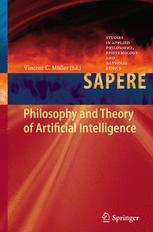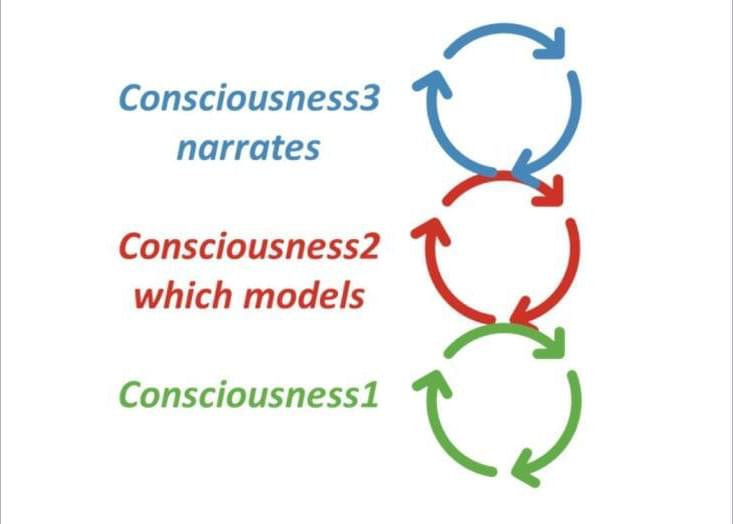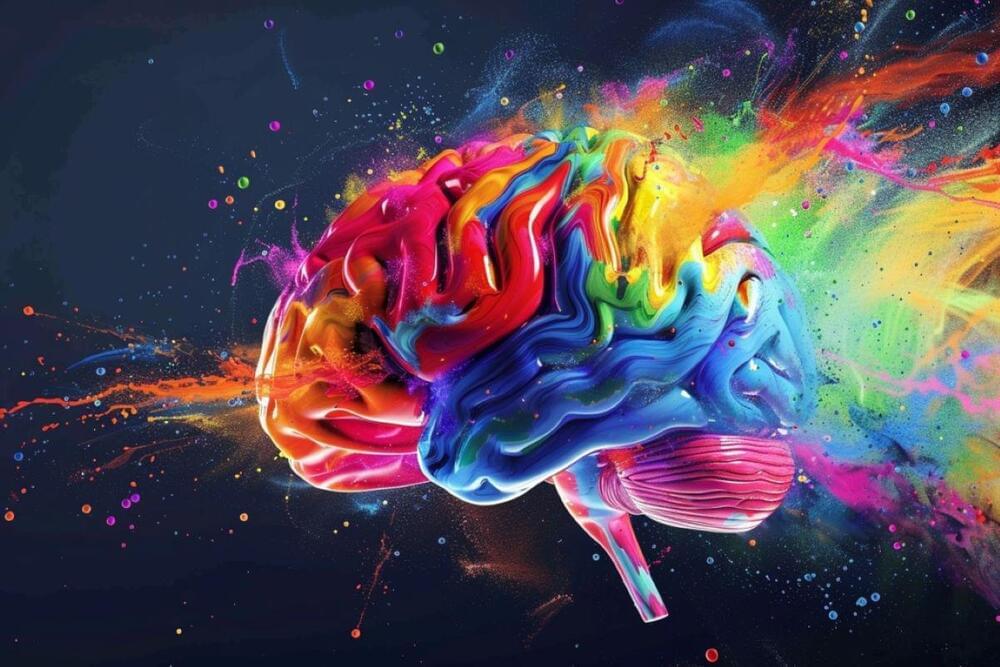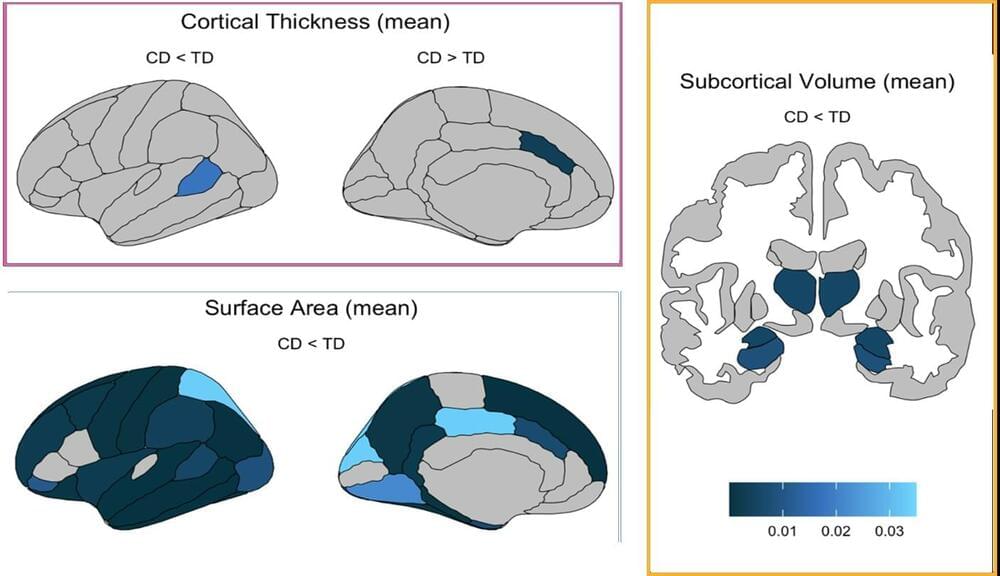For at least half a century, it has been popular to compare brains and minds to computers and programs. Despite the continuing appeal of the computational model of the mind, however, it can be difficult to articulate precisely what the view commits one to. Indeed, critics such as John Searle and Hilary Putnam have argued that anything, even a rock, can be viewed as instantiating any computation we please, and this means that the claim that the mind is a computer is not merely false, but it is also deeply confused.





